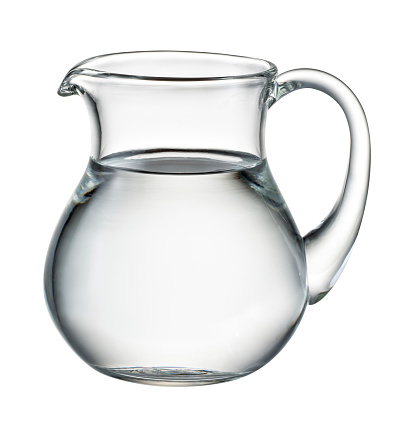One of the biggest drivers behind burnout is a lack of knowledge of how our bodies function. We have this idea that our energy – physical, emotional and mental – is an infinite resource. That we can keep on going no matter what. That sleep is for weaklings and that all we have to do is push through.
I used to pride myself on my high energy level, even brag about how little sleep I needed. For many years, I would pull close to all-nighters, sleep an hour or two, and then get up and kick ass. It was a pattern that I developed during my studies and one that I brought with me in my career, then into my own business. I was all in, all the time – and it seemed to work perfectly for me!
Sure, there were signs that things probably weren’t as unproblematic as I wanted to believe – but hey, there’s nothing like putting in just a little bit more work to make problems go away, right?! Essentially, I was trying to solve a problem by doing more of the things that had created it.
Ours is a single source of energy.
What I didn’t understand was that our physical energy is a finite resource. I didn’t understand that everything we do – physical, mental, or emotional activity – requires energy. I didn’t understand that every activity draws from that same finite resource. And I didn’t understand that the only way to make sure that our energy levels aren’t depleted, is to rest.*
Imagine that your energy is like water in a jug. The water level (energy) is high when you have balance, and low when you don’t. In a state of burnout, the level will be very low or even close to zero. Because here’s the thing:
We only have one jug, one single source of energy. We don’t have one jug for work, one for our family, one for working out, one for being there for a friend… Ours is a single source of energy. Keeping that in mind makes it easier to understand why we need to spend it carefully – and why we burn out if we don’t.
What you can do
There are many ways in which you can balance your energy:
You can structure your days and build in moments for rest and recovery.
You can do things differently – like wrap up your day even though that report isn’t 100% done, or lowering your pace while walking to work.
You can set boundaries and say no to something that will draw from rather than refill your energy (even though that thing seems fun and you really want to do it).
As a leader, you can encourage your co-workers do the same.
To start balancing your energy levels, choose one thing and stick with it for the weeks to come. Involve your co-workers too. Stay open and curious. Report back if you want to.
*Resting doesn’t necessarily mean lying down or napping. There are different forms of rest. The trick is to give your body the kind of rest that it needs – which will depend on the activity that you have been engaged in.


